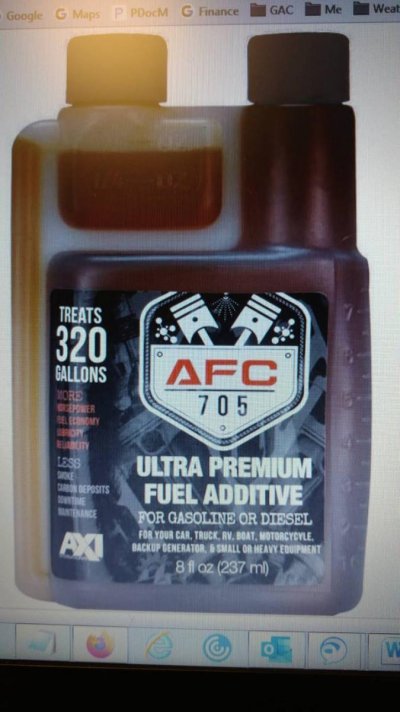backinblue
Guru
- Joined
- Jan 29, 2019
- Messages
- 3,937
- Location
- USA
- Vessel Name
- Blue Moon
- Vessel Make
- Mainship Pilot 355
Just curious what people are using for diesel additives. I am a long time boater but new to power boating and now more interested in if and how I treat diesel fuel now that I am using a lot of it. There are lots of products will all kinds of promises, but who knows if they really do anything or not? I have been using FuelOx because I found it at a boat show and saw no harm in trying it. I have no idea if it does anything, but my engine runs well and doesn't smoke at all, but I don't know if it would be any different without it. I just purchased some FPPF Marine Diesel treatment and will try that since it seems endorsed by Yanmar. I may still add a small amount of FuelOx. What is your experience/opinion?

